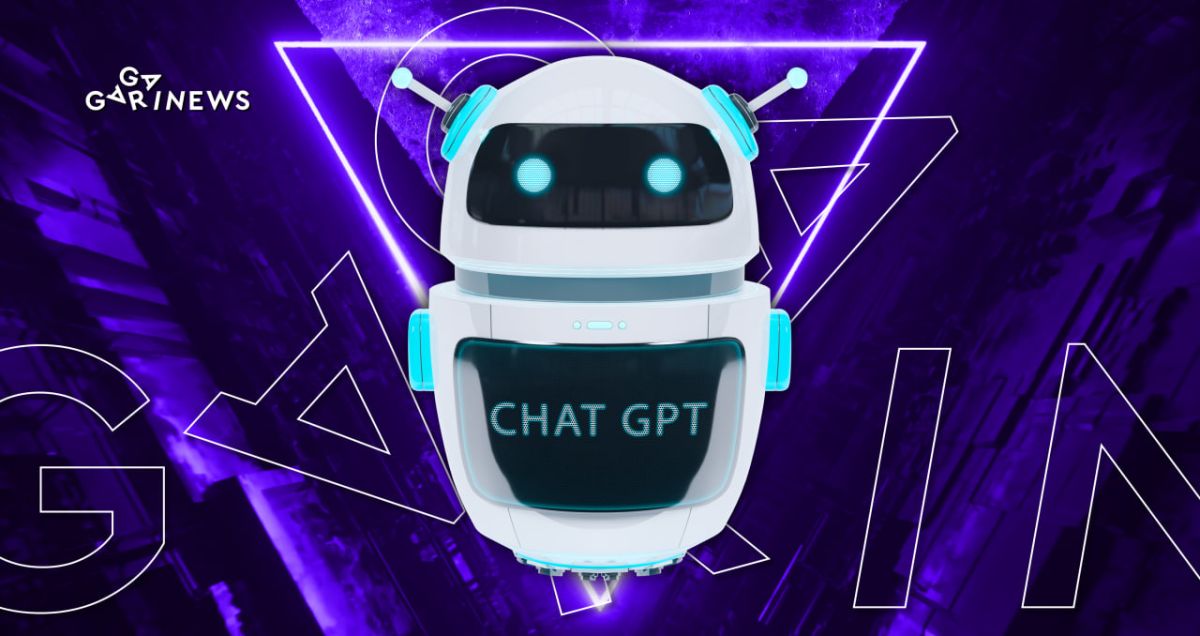How will the ChatGPT hype affect the crypto market?

It’s impressive that ChatGPT’s bot has amassed its first million users in just five days. The cryptocurrency market has responded with a frenzy around AI-based coins, raising the big question of how long this hype will last
On this page
Not so long ago, blockchain and web3 were the buzzwords that no respectable project could do without. With their help, obscure startups attracted billions of dollars, offline brands minted NFTs in droves, and investors snatched up cryptocurrencies at peak prices. However, the bankruptcy of FTX and the crypto winter shattered market participants' enthusiasm. Coin prices plummeted, venture funding shrank, and NFT sales no longer demonstrate the same heights as before.
As a result, the tech sector, accustomed to working with open checks from investors, is now facing sharp budget cuts and mass layoffs.
The digital industry desperately needed a new idol to fall in love with, and it didn't take long for one to emerge. On November 30, 2022, OpenAI, a development company, launched ChatGPT – an AI-powered chatbot capable of conversational mode. Press releases and news articles were filled with terms such as “machine learning” and “natural language processing.”
The phrase “AI has become part of the metaverse” is another buzzword that has become part of the excitement surrounding the market. This new rhetoric reflects the direction that players in the IT sector are moving towards. For instance, in December, eight companies joined forces to form “Futureverse” with the aim of building a decentralized virtual world. The ImmutableX platform uses AI to generate visual assets in blockchain games.
Even ordinary cryptocurrency enthusiasts are joining in on the fun. They've come up with a game of matching cryptocurrencies to zodiac signs (e.g., Bitcoin – the innovator Aries, Dogecoin – the adventurer Sagittarius, etc.). They've been asking ChatGPT to predict the prices of BTC and ETH, and even requesting the bot to compose rap songs about crypto.
In mid-January, the crypto market frenzy reached its peak when Microsoft announced plans to invest $10 billion in OpenAI. AI-based cryptocurrencies such as AGIX from SingularityNet, FET from Fetch.ai, and NMR Numeraire had already brought double-digit returns to their holders. The Graph, which uses AI in data search on the blockchain, made it to the top of the list of tokens to watch for investors. The project, launched in 2018, compensated for five years of neglect within a few days.
On the one hand, the enthusiasm for merging AI and digital assets shows that the cryptocurrency industry is still in the early stages of its development. People are still searching for ways to apply blockchain technology.
On the other hand, it is important to distinguish between hype and speculation and authentic value gains for investors. For example, Sheila Warren, CEO of the Crypto Council for Innovation, told Politico that the potential of ChatGPT may be overestimated.
It's a little bit like the early crypto days when people were like: “Blockchain for everything!” Now, it's like: “You can use ChatGPT for absolutely everything!” That is not true yet. And it may never be true
she stated.
Crypto Analyst Pablo Jodar Seores has compared the current situation in the virtual asset market with the ICO craze that swept the industry in 2017. The excitement surrounding ChatGPT has undoubtedly affected the AI token market. The period of fascination with this technology will inevitably come to an end, and the disillusionment of investors could be excruciating. Thus, investors should consider this before investing capital in tokens such as AGIX, FET, NMR, or SDAO.
The content on The Coinomist is for informational purposes only and should not be interpreted as financial advice. While we strive to provide accurate and up-to-date information, we do not guarantee the accuracy, completeness, or reliability of any content. Neither we accept liability for any errors or omissions in the information provided or for any financial losses incurred as a result of relying on this information. Actions based on this content are at your own risk. Always do your own research and consult a professional. See our Terms, Privacy Policy, and Disclaimers for more details.


























